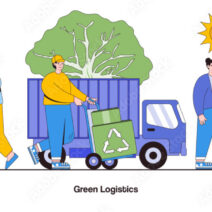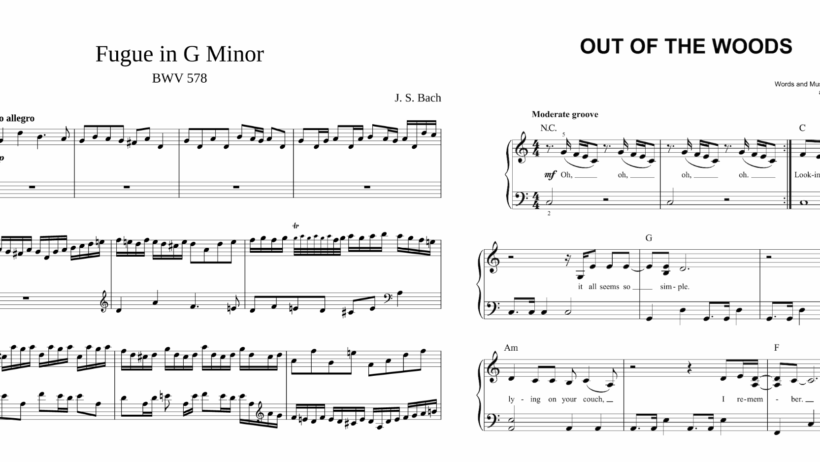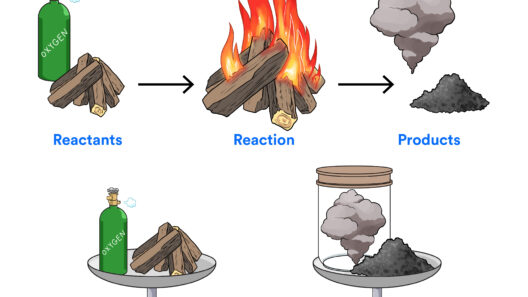In the vibrant world of pop culture, the interplay of gaming and music has forged a colossal influence over our societal norms and behaviors. However, amidst the revelry, a critical yet often overlooked concern lurks: energy conservation. As both the gaming and music industries burgeon, their environmental footprint expands, raising a pivotal question: how can we embrace the excitement of these passions while simultaneously minimizing their ecological impact?
To grasp this dilemma, one must first consider the sheer scale of energy consumed by both sectors. Video gaming, while a source of entertainment for millions, contributes significantly to global energy consumption. The annual consumption of electricity for gaming consoles is staggering, with estimates suggesting it rivals that of small countries. This data prompts a second, thought-provoking question: are we willing to sacrifice our beloved digital escapism for the sake of sustainability?
On the other side of the spectrum, the music industry, particularly pop music, also bears its share of responsibility. From electrifying live performances to the relentless production demands of today’s music streaming platforms, the energy expended is substantial. Concert tours require extensive lighting, sound systems, and transportation, culminating in a dramatic environmental toll. This raises a challenge for the industry: how can one maintain grandeur in performances while adopting a more sustainable approach?
A possible solution lies in the innovative integration of renewable energy sources into both gaming and music. The advent of solar-powered gaming devices and energy-efficient servers for streaming services represents a significant leap forward. Imagine a world where your favorite console is juiced not from a conventional outlet but harnesses solar energy instead. Such advancements can not only reduce carbon footprints but also inspire a culture of environmental consciousness among gamers and music lovers alike.
Furthermore, the realm of pop culture is uniquely positioned to champion ecological initiatives, leveraging its profound reach and influence. Gamers are an inherently engaged community, often rallying around causes they believe in. By incorporating thematic elements of sustainability into game narratives, developers can foster awareness and prompt players to reflect on their energy consumption habits. Could a game challenge its players to complete quests while conserving energy? Engaging players in this way can transform them into advocates of energy conservation.
In the same vein, pop artists are increasingly utilizing their platforms to advance environmental causes. Collaborations between musicians and environmental organizations can result in powerful campaigns that not only raise awareness but also galvanize collective action. Imagine a live concert where proceeds are directed toward tree planting initiatives or renewable energy projects. Such performances could foster an understanding that entertainment need not exist in a vacuum; it can catalyze profound societal change.
Another facet worth exploring is the burgeoning trend of virtual events. In the wake of the global pandemic, many artists turned to online performances to reach their audiences. This pivot drastically reduced carbon footprints associated with travel, venue energy use, and logistics. While ensuring the essence of live music remains intact, virtual events suggest an innovative avenue for sustainability within the music industry. But, as appealing as this may sound, can virtual concerts ever fully replicate the electrifying energy of a live audience?
The aspect of energy scarcity can also serve as a compelling narrative within both sectors. Imagine a game that places players in a dystopian future where energy resources are depleting. These gaming experiences can serve as cautionary tales, encouraging players to form solutions and push for action on climate issues. Similarly, if pop artists curate their music videos or performances with themes surrounding energy conservation, they could influence listeners to reflect on their contributions to this pressing issue.
In essence, pop culture holds profound potential to engage its audiences in crucial conversations about energy conservation. Beyond merely entertaining, it can wield its immense influence to provoke thought, inspire action, and ignite passion for sustainability initiatives. Harnessing the power of popular gaming and music to address such a critical issue embodies a fascinating fusion of passion and purpose.
This intersection presents a vibrant opportunity for collaboration across industries. Game developers, artists, environmental scientists, and activists must unite to explore new vistas of eco-conscious creativity. By facilitating interdisciplinary dialogues, it becomes feasible to brainstorm dynamic solutions that resonate with audiences while simultaneously educating them on conservation principles. Can we challenge the current paradigm where entertainment and sustainability exist separately? The answer lies in a collective aspiration to shape a future where these realms harmoniously coexist.
Ultimately, as players and fans engage with these mediums, they wield the capacity to effectuate change. Each gaming session or concert attended represents a choice — one that can lead toward a more sustainable future. It is essential to imbibe the lessons of energy conservation into the collective consciousness of pop culture enthusiasts. May the worlds of gaming and music not merely serve as escape routes but as conduits for promoting ecological vigilance. Let’s take up the mantle of change, reduce our carbon footprints, and thrive in a world where enjoyment does not come at the cost of our planet’s health. The challenge awaits — will we rise to it?







